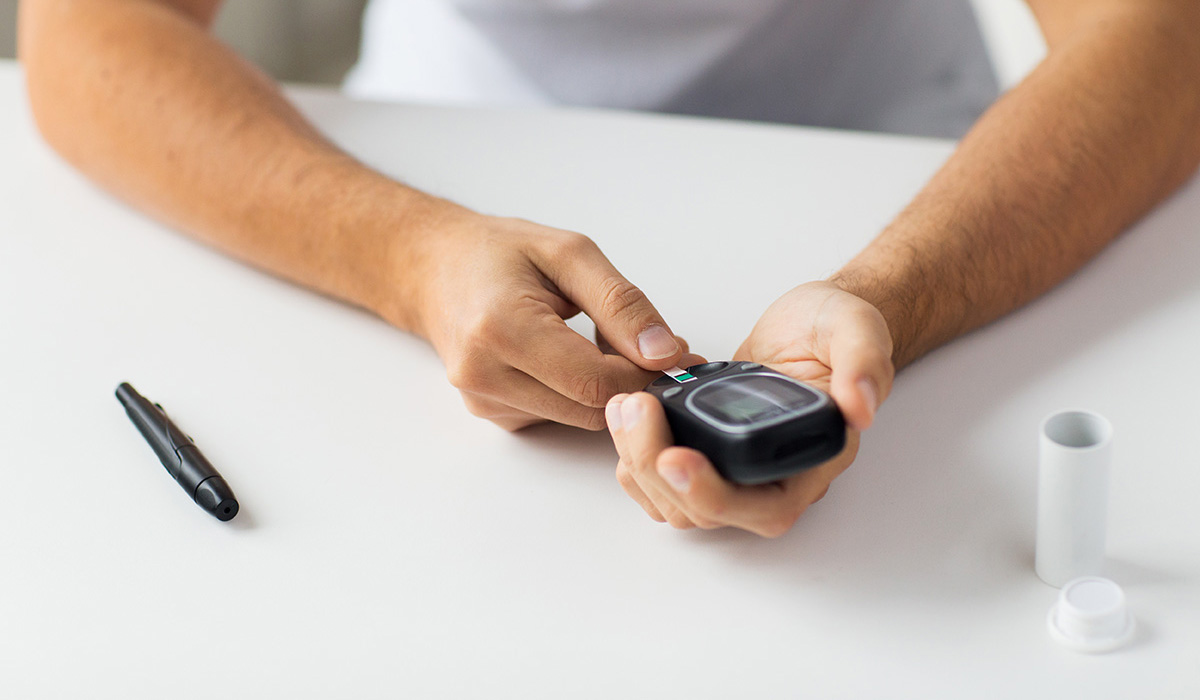November 2024
According to the CDC, about 38 million Americans have diabetes. That’s roughly one out of every 10 people. Diabetes is a serious disease that can shorten your life expectancy and lead to a variety of complications, including cardiovascular disease, kidney disease, eye diseases and blindness, neuropathy, amputations, and stroke. But despite its prevalence and seriousness, some myths about diabetes persist.
Myth 1: All types of diabetes are the same
Actually, there are three different types of diabetes: type 1, type 2, and gestational.
Type 1 diabetes is a condition where the pancreas fails to make enough insulin. Sometimes it doesn’t make insulin at all. Although type 1 diabetes is sometimes called juvenile diabetes, it can start in adulthood, too. According to the CDC, roughly 5% to 10% of people with diabetes in the U.S. have type 1 diabetes. Unfortunately, type 1 diabetes isn’t preventable, though proper treatment can help people live long, active lives.
Type 2 diabetes is different from type 1 diabetes; the problem with type 2 diabetes isn’t that your body isn’t making enough insulin. It’s that your body is no longer able to effectively use the insulin the pancreas makes. As a result, the pancreas will start making more insulin to overcome the body’s insulin resistance. Eventually, the pancreas is unable to keep up and people will develop diabetes.
Gestational diabetes is a type of diabetes that develops in pregnant women who did not previously have diabetes. According to the CDC, about 5% to 9% of women will develop diabetes while pregnant. Gestational diabetes often has no symptoms, which is why all pregnant women are tested for gestational diabetes.
While gestational diabetes usually resolves soon after birth, about half of women who have gestational diabetes will go on to develop diabetes later in life. So regular screening for diabetes is important after your baby is born.
Myth 2: Diabetes only affects people with obesity
It’s understandable why this myth persists: Obesity (or even just being overweight) is a significant risk factor for developing type 2 diabetes. And getting your weight into the normal range can help reduce your risk of developing type 2 diabetes.
That said, not everyone who develops diabetes is overweight or obese. According to the CDC’s National Diabetes Statistics Report, just over 10% of people with diabetes in the U.S. are neither overweight nor obese.
The upshot? Everyone should be getting screened for diabetes, and everyone should know the symptoms so they can flag anything worrisome with their doctor.
According to the American Diabetes Association, common symptoms of both type 1 and type 2 diabetes include frequent urination; feeling very hungry; intense thirst; blurred vision; extreme fatigue; bruises or cuts that heal slowly; unintended weight loss; and pain, numbness, or tingling in the feet or hands.
Myth 3: Taking insulin means you’re not managing your diabetes well
People with type 1 diabetes need to take insulin because their body is not producing enough insulin.
On the other hand, some people with type 2 diabetes may be able to manage it with lifestyle changes alone. Others may need oral medication to help make their cells more receptive to insulin. And still others may need to take insulin.
The most important thing to remember is this: Managing your diabetes well means keeping your blood sugar within the target range your doctor gives you.
Myth 4: Prediabetes isn’t serious
Prediabetes happens when your cells start to become resistant to insulin — but not so resistant that the pancreas can’t compensate by making more insulin.
When people hear “prediabetes,” they may think it’s not serious because it’s not full-blown diabetes. About 25% of people with prediabetes will develop diabetes within five years — and up to 70% of people with prediabetes will develop diabetes sometime in their life.
So, a diagnosis of prediabetes is a warning that you need to make significant dietary and lifestyle changes to slow — or even prevent — the progression to diabetes.



